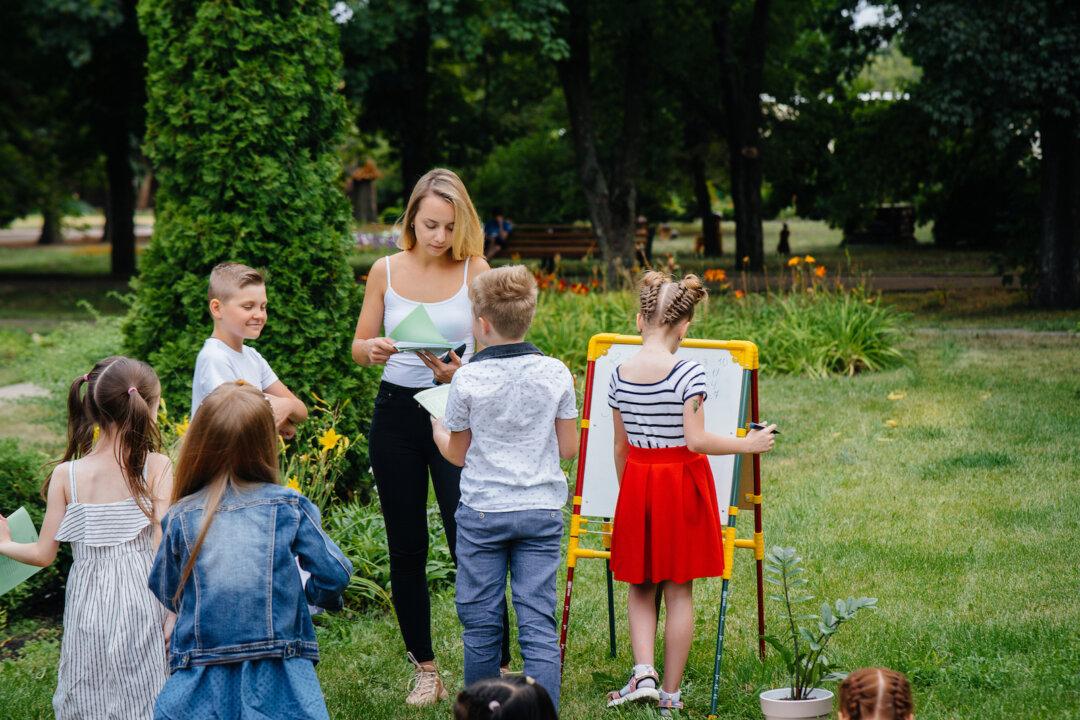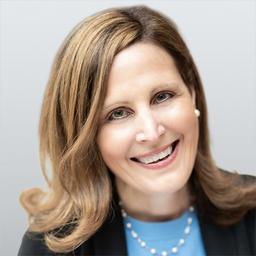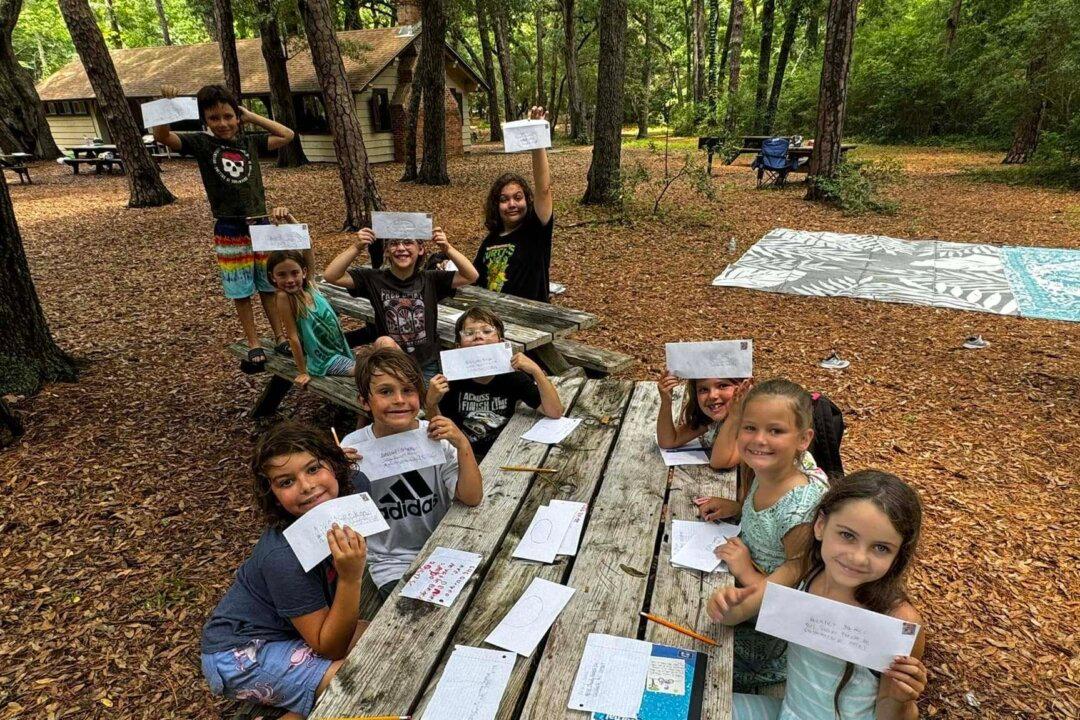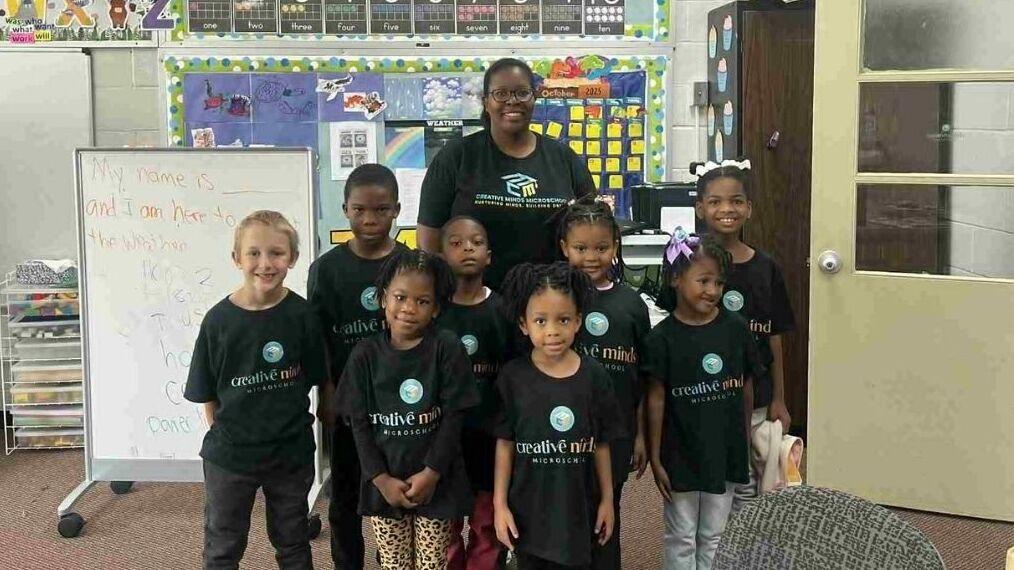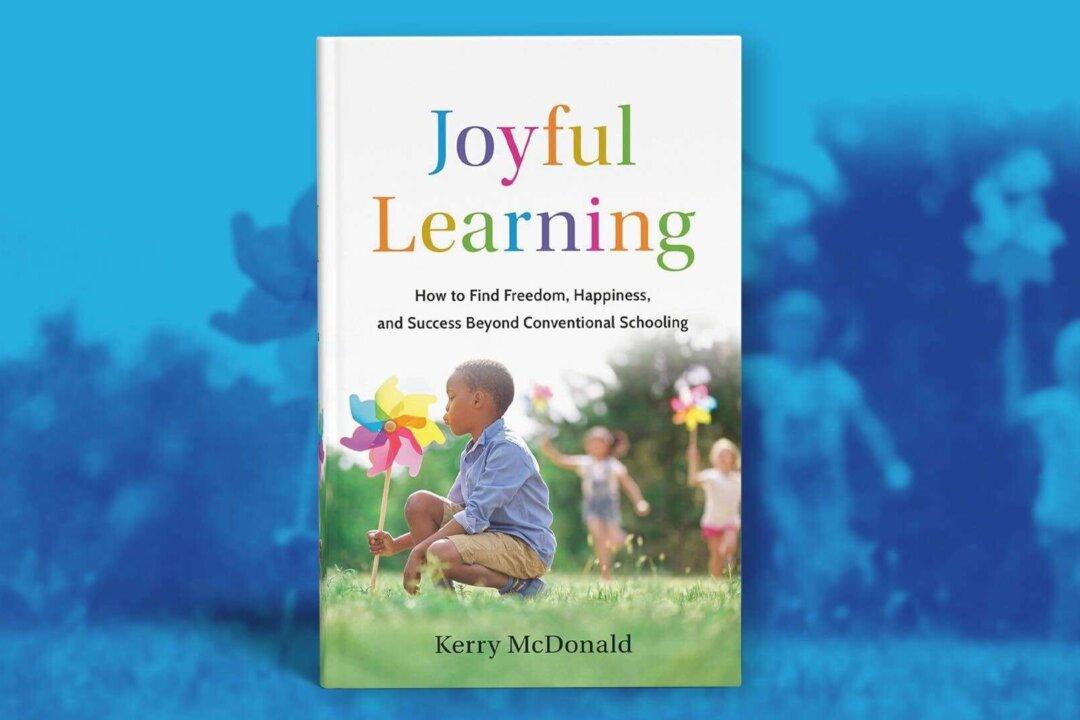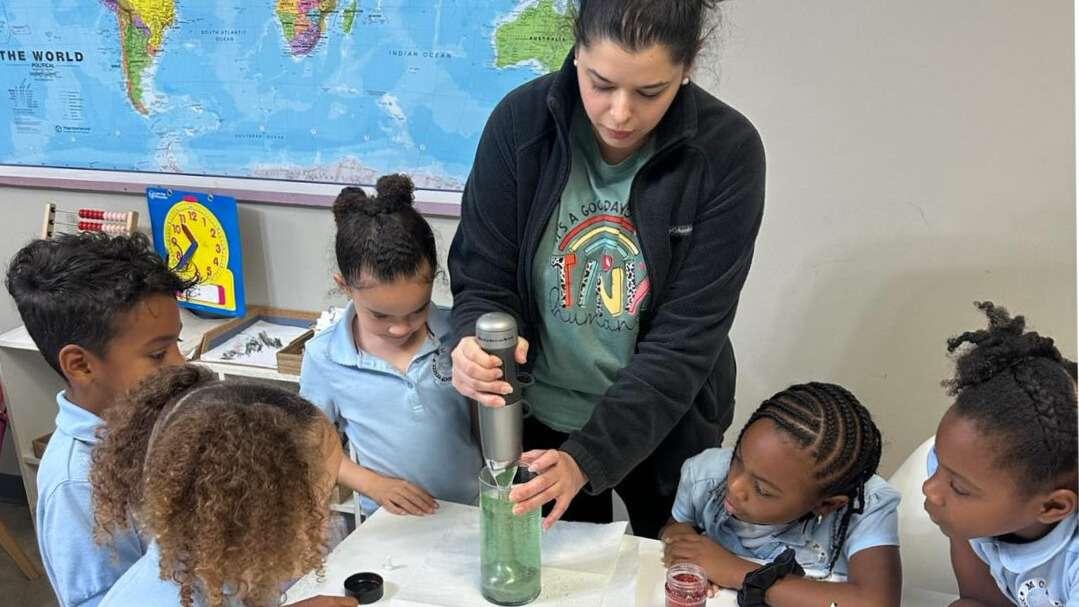The widespread “pandemic pods” that are emerging as back-to-school alternatives this fall are models of parental ingenuity, educator adaptability, and entrepreneurial agility.
These learning pods, or in-home microschools, involve small groups of families coming together to take turns facilitating a curriculum for their children in their homes, or pooling resources to hire a teacher or college student to lead instruction. They are a creative, spontaneous response to uncertain or undesirable school reopening plans that make at-home learning easier, more practical, and more enjoyable for more families.

